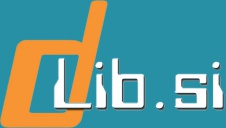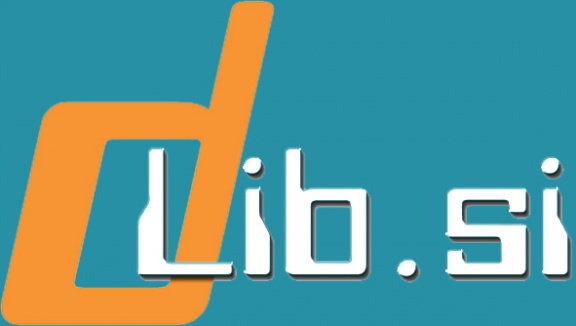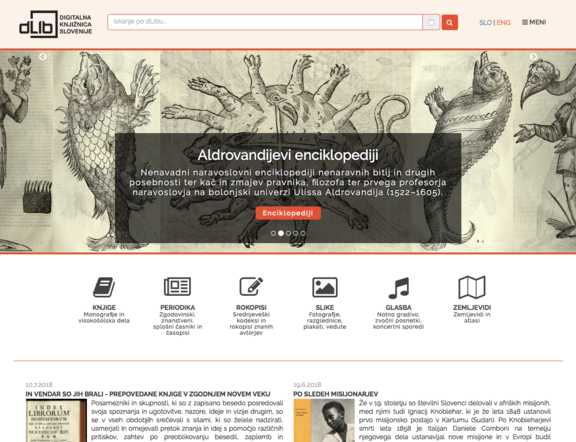Difference between revisions of "DLib.si - Digital Library of Slovenia"
| Line 42: | Line 42: | ||
The [[National and University Library (NUK)]] occasionally offers free lessons on how to use the dLib.si portal as well as travels to schools, libraries and other organisations across Slovenia to make presentations about how to use it. | The [[National and University Library (NUK)]] occasionally offers free lessons on how to use the dLib.si portal as well as travels to schools, libraries and other organisations across Slovenia to make presentations about how to use it. | ||
| − | In response to the incredible increase in users of dLib.si portal, a new project entitled dLib.si PLUS received funding from the | + | In response to the incredible increase in users of dLib.si portal, a new project entitled dLib.si PLUS received funding from the Ministry of Higher Education, Science and Technology of the Republic of Slovenia. In addition to improving the general usability and functionality of the portal, the year-long project will allow for the digitalisation of music recordings and old musical documents that are of importance to Slovene cultural heritage. |
{{YouTube|AqsxTgUJepw}} | {{YouTube|AqsxTgUJepw}} | ||
Revision as of 14:38, 28 February 2014
The dLib.si portal became publicly available in 2005. In 2006 a total of 364,170 titles were digitised (representing 358,786 articles), together with 223,462 scans. By the end of the year 2006 the portal enabled access to six digital collections.
The National and University Library (NUK) occasionally offers free lessons on how to use the dLib.si portal as well as travels to schools, libraries and other organisations across Slovenia to make presentations about how to use it.
In response to the incredible increase in users of dLib.si portal, a new project entitled dLib.si PLUS received funding from the Ministry of Higher Education, Science and Technology of the Republic of Slovenia. In addition to improving the general usability and functionality of the portal, the year-long project will allow for the digitalisation of music recordings and old musical documents that are of importance to Slovene cultural heritage.





